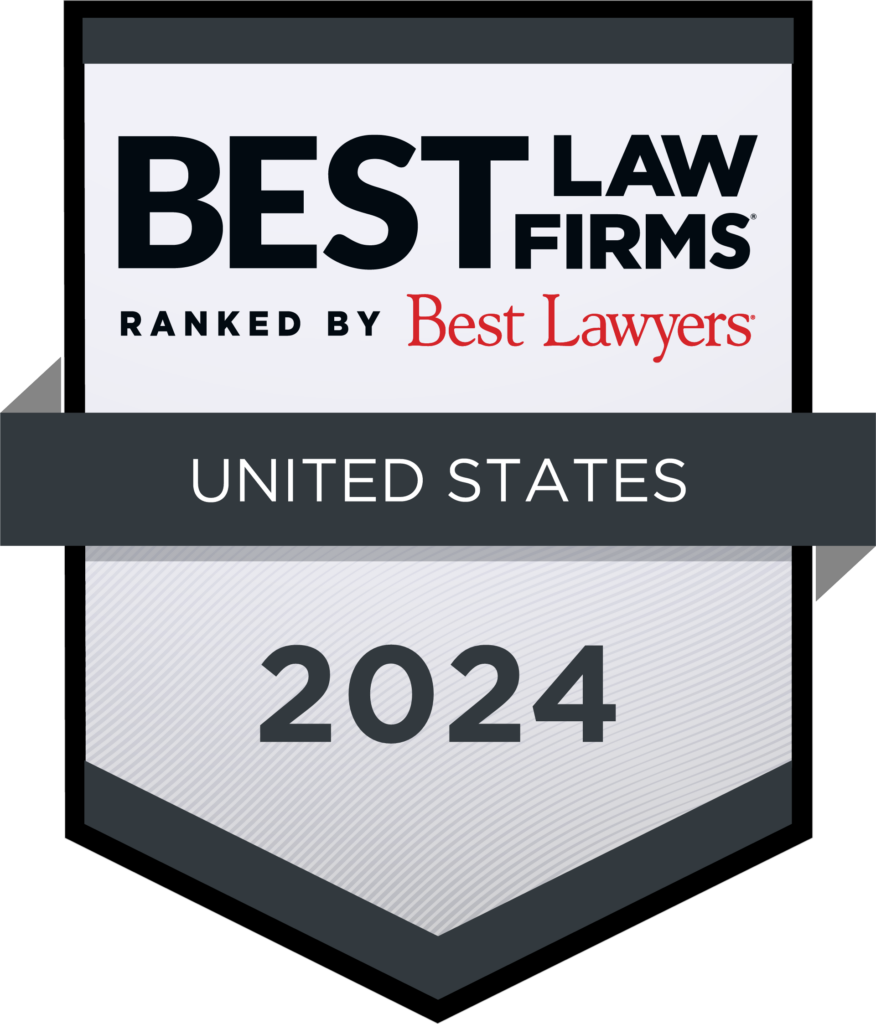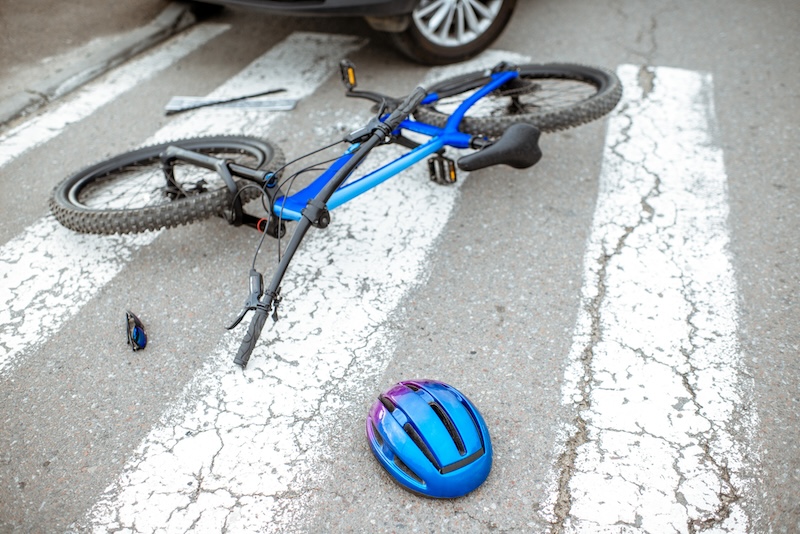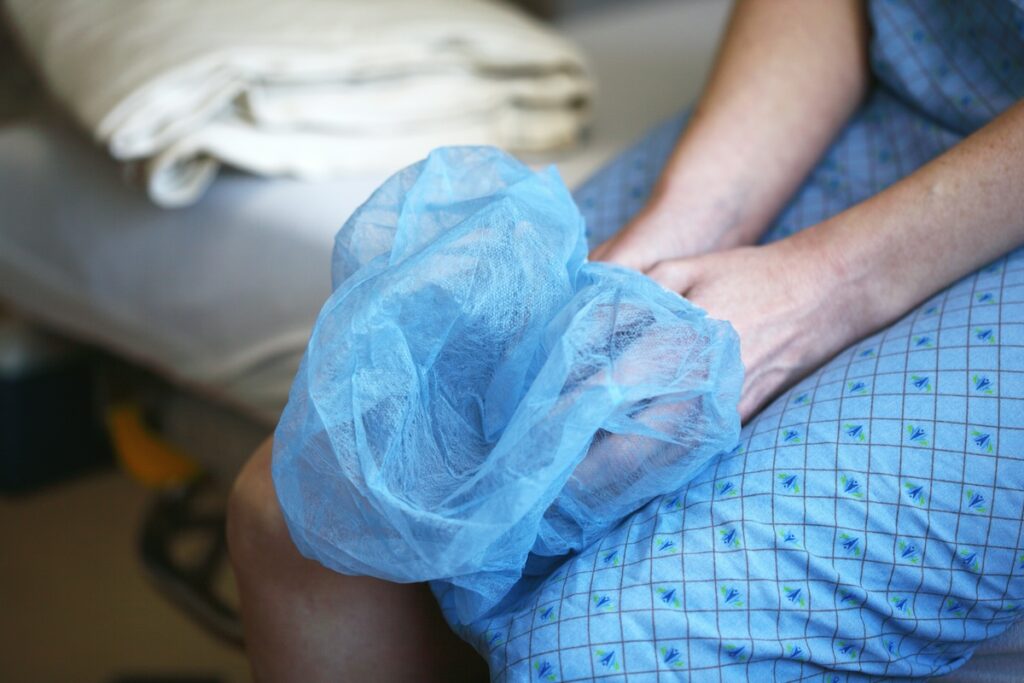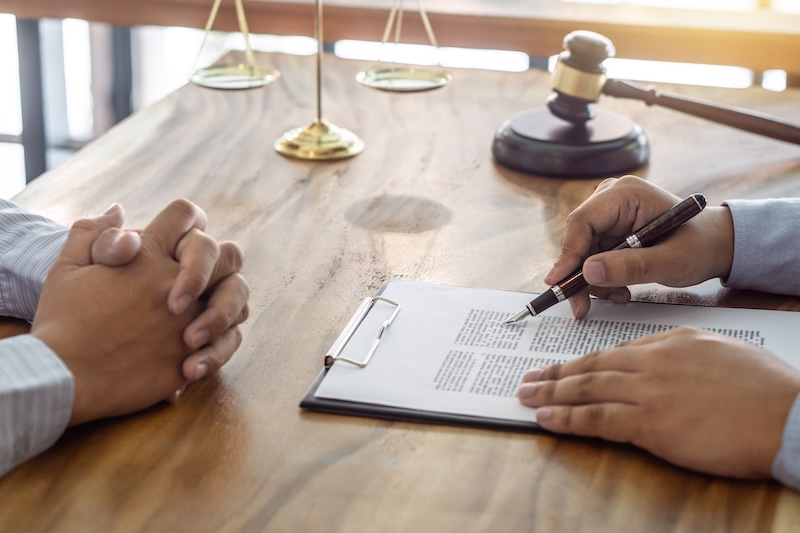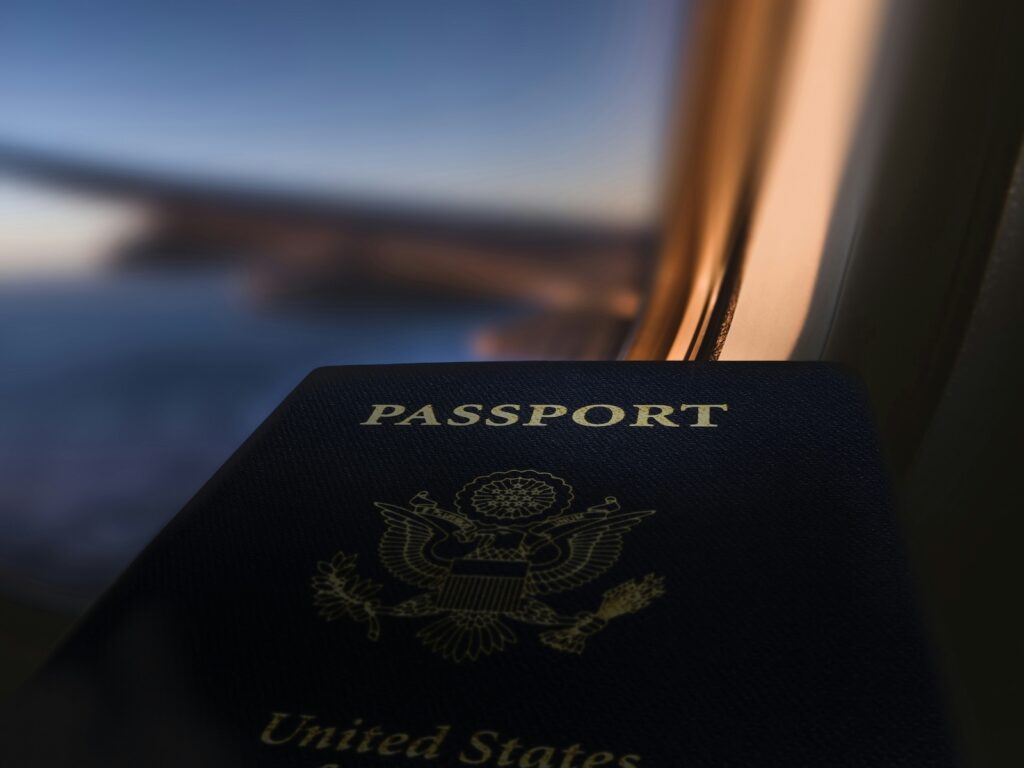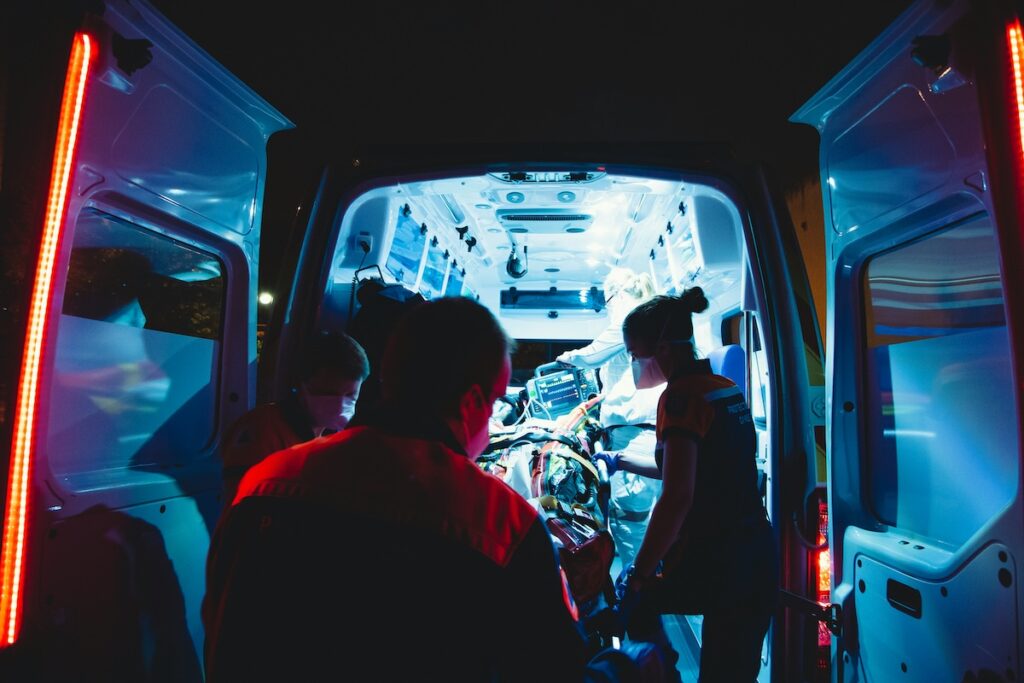Slip and fall accidents can occur unexpectedly and result in serious injuries. In South Carolina, property owners have a legal responsibility to maintain safe premises for visitors. Understanding the laws surrounding these accidents is crucial for both property owners and individuals who have suffered injuries due to unsafe conditions.
Understanding Premises Liability
Premises liability is the legal concept that holds property owners responsible for accidents and injuries that occur on their property due to negligence. In South Carolina, this applies to various types of properties, including:
- Private residences
- Commercial establishments
- Public spaces
Categories of Visitors
South Carolina recognizes three categories of visitors, each with different levels of protection under the law:
- Invitees: People invited onto the property for business purposes (e.g., customers in a store).
- Licensees: Social guests or people welcome on the property for their own purposes.
- Trespassers: Individuals on the property without permission.
Property owners owe the highest duty of care to invitees, a lesser duty to licensees, and only a minimal duty to trespassers (mainly to avoid willful or wanton injury).
Common Causes of Slip and Fall Accidents
Typical hazards include:
- Wet or slippery floors
- Uneven surfaces
- Poor lighting
- Loose carpeting or floorboards
- Icy walkways
The “Reasonableness” Standard
South Carolina courts consider whether the property owner’s actions were reasonable. Factors include:
- How long the dangerous condition existed
- The owner’s regular practices for inspecting the property
- Whether there was a legitimate reason for the hazardous condition
- Whether the hazard could have been made less dangerous
Comparative Negligence in South Carolina
South Carolina follows a modified comparative negligence rule. If the injured party is found to be more than 50% at fault for the accident, they cannot recover damages. If they’re 50% or less at fault, their compensation is reduced by their percentage of fault.
Statute of Limitations
In South Carolina, the statute of limitations for filing a slip and fall lawsuit is generally three years from the date of the accident. The statute of limitations can be two years in some cases. Failing to file within this timeframe typically bars the injured party from seeking compensation, so it is recommended you contact a personal injury attorney expeditiously.
Steps to Take After a Slip and Fall Accident
If you’re involved in a slip and fall accident:
- Seek medical attention immediately
- Report the incident to the property owner or manager
- If safe, document the scene with photos and videos
- Gather contact information from witnesses
- Keep all medical records and receipts
- Avoid giving detailed statements to insurance companies before consulting an attorney
Importance of Legal Representation
Slip and fall cases can be complex, and property owners and their insurance companies often vigorously defend against these claims. An experienced personal injury attorney can help gather evidence, negotiate with insurance companies, and represent your interests in court if necessary.
Understanding the nuances of property owner liability in slip and fall cases is crucial for protecting your rights, whether you’re a property owner or an injured party. If you’ve been involved in a slip and fall accident in South Carolina, consider consulting with a knowledgeable attorney to discuss your legal options and ensure your rights are protected.

